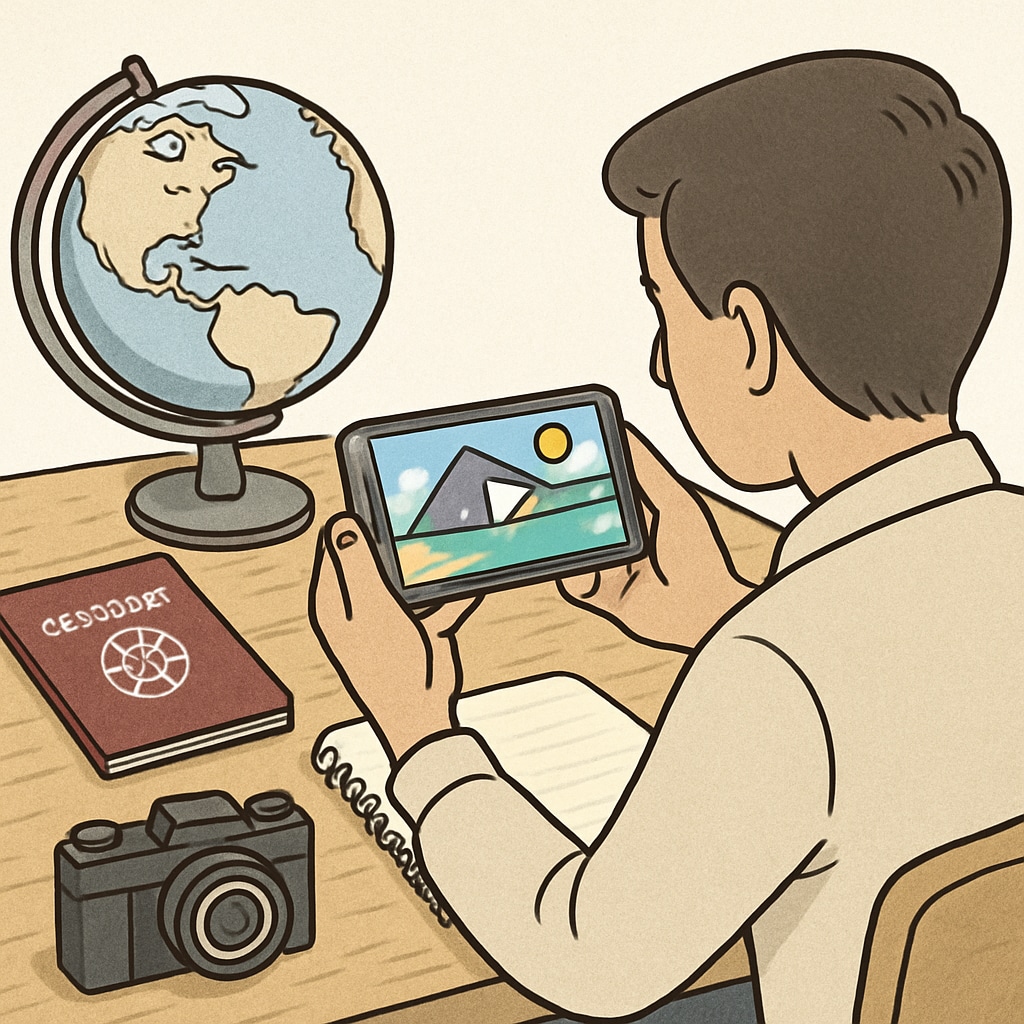Short tourism videos are not only captivating audiences worldwide but are also revolutionizing academic research methods. For students working on their master’s thesis, especially in the field of tourism studies, these videos offer a treasure trove of data and insights. This article delves into how short tourism videos contribute to data collection, their influence on research methodologies, and how they can shape the future of tourism-related academic studies.

The Rising Popularity of Short Tourism Videos
In recent years, short videos have gained immense popularity due to platforms like TikTok, Instagram Reels, and YouTube Shorts. These platforms have become hotspots for travel enthusiasts to share their journeys, from hidden gems to well-known tourist destinations. The visually engaging and concise nature of short tourism videos makes them ideal for capturing the essence of a location while providing a snapshot of cultural, social, and environmental contexts.
For master’s thesis researchers, these videos serve as a rich source of secondary data. They offer authentic, real-time documentation of tourist behaviors, preferences, and destination dynamics. For example, a short video of a bustling street market can reveal not only the products being sold but also the foot traffic, cultural interactions, and even the sustainability practices in place.
How Short Tourism Videos Aid Data Collection
Short tourism videos provide several advantages for researchers, making them an invaluable tool for data collection. Below are some key benefits:
- Accessibility: Videos on social media platforms are widely accessible, allowing researchers to explore vast datasets from different regions and demographics.
- Rich Visual Data: Videos capture non-verbal cues, environmental details, and cultural nuances that traditional data collection methods might miss.
- Cost-Effectiveness: Researchers can gather information from global locations without physically traveling, saving time and resources.
- Real-Time Updates: Content is frequently updated, providing researchers with the latest trends and developments in the tourism sector.
However, the use of short videos also comes with challenges, such as ensuring the authenticity of content and addressing biases in user-generated material. Researchers must critically evaluate the credibility of sources while aligning their findings with other data collection methods to ensure reliability.

Implementing Short Tourism Videos in Academic Research
To effectively use short tourism videos in a master’s thesis, researchers should adopt a structured approach:
- Define Objectives: Establish clear research objectives and identify how short tourism videos align with these goals.
- Select Platforms: Focus on platforms that are most relevant to the target audience or research topic.
- Analyze Content: Use qualitative and quantitative methods, such as content analysis, to extract meaningful insights.
- Combine Data: Integrate video analysis with traditional data collection methods, such as surveys and interviews, for a comprehensive study.
- Ethical Considerations: Obtain permissions when using user-generated content and ensure compliance with ethical research standards.
For example, a tourism researcher studying eco-friendly travel trends might analyze short videos highlighting sustainable practices at popular destinations. By examining hashtags, comments, and engagement metrics, they can identify patterns and draw conclusions about public perceptions and preferences.
The Future of Tourism Research with Short Videos
As digital media continues to evolve, the role of short videos in tourism research is expected to grow. Emerging technologies like AI-driven video analysis and augmented reality (AR) may further enhance the way researchers interact with and interpret video content. Additionally, the increasing integration of user-generated content into tourism marketing strategies underscores the importance of such videos in shaping industry trends.
For academic institutions, incorporating short video analysis into research curricula can equip students with essential skills to navigate the digital landscape. This approach bridges the gap between theoretical knowledge and practical applications, preparing students for careers in tourism, marketing, and data analytics.
In conclusion, short tourism videos are a dynamic tool for master’s thesis research, offering unparalleled access to real-time, visually rich data. By adopting innovative strategies and addressing associated challenges, researchers can unlock new dimensions in tourism studies and contribute valuable insights to both academia and the industry.
Readability guidance: This article uses concise sentences, clear transitions, and short paragraphs for enhanced readability. Lists and examples are provided to summarize key points, ensuring accessibility for academic and general audiences alike.


